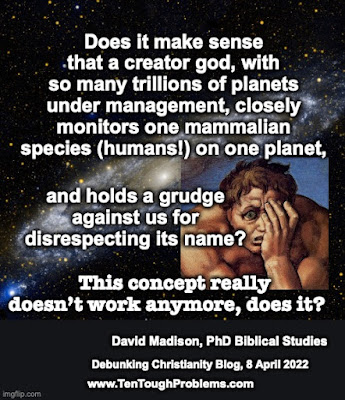When it came to my chapter 18 on the resurrection of Jesus I mentioned the theories that help explain the origins of the belief in Jesus' resurrection. I stressed one theory above all the rest:
One theory has recently been defended by Kris Komarnitsky, author of "Doubting Jesus’ Resurrection: What Happened in the Black Box ?" He has done an excellent job of showing what could have happened in an online post on Mathew Ferguson’s blog titled, "The Rationalization Hypothesis: Is a Vision of Jesus Necessary for the Rise of the Resurrection Belief?" I find it to be the most detailed defense of this theory, making it worth considering, complete with four real-life examples of it in history. He takes issue with the bereavement visionary hypothesis of the disciples, widely regarded as a plausible naturalistic explanation for the data, and argues instead for what he calls the cognitive-dissonance-induced ration- alization hypothesis. The question he discusses is whether bereavement visions produced the belief that Jesus arose from the dead, or whether the resurrection belief came first due to cognitive dissonance reducing rationalizations, favoring the later. Go read it. Now! Forget the swoon theory that Jesus didn’t actually die, the conspiracy theory that the disciples purportedly concocted to perpetrate a hoax, the impersonation theory that someone impersonated Jesus, or the unknown tomb theory where the disciples went to the wrong tomb.Then I linked to it. It has now been released again, for which I thank Matthew Ferguson! “The Rationalization Hypothesis: Is a Vision of Jesus Necessary for the Rise of the Resurrection Belief?” — by Kris Komarnitsky.





